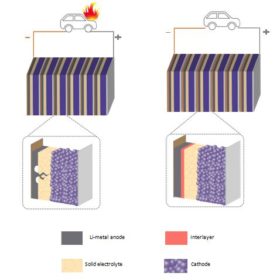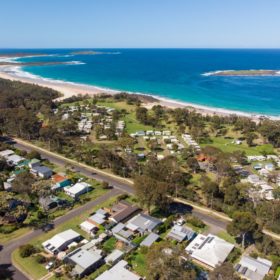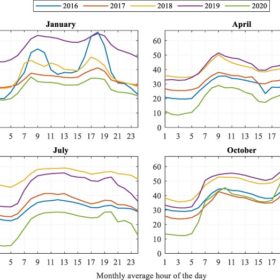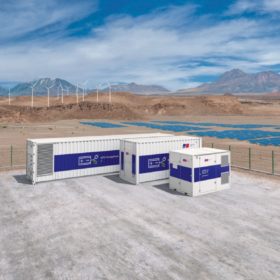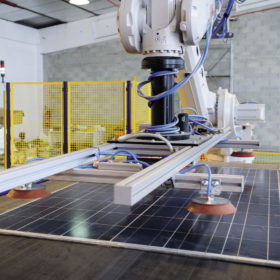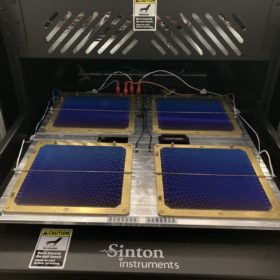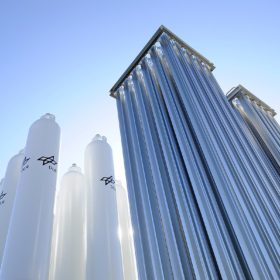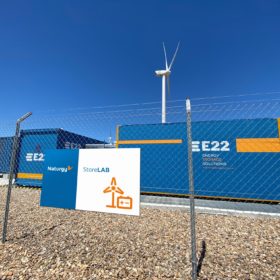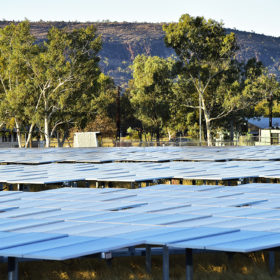Indian researchers find way to stop dendrites in solid-state lithium batteries
Researchers from the Indian Institute of Science, Bangalore, have found that nanoscopic refractory metal layers like tungsten could improve dendrite growth tolerance in electrolytes of solid-state Li-ion batteries. The team collaborated with researchers from Carnegie Mellon University.
The clean energy revolution isn’t just a techno-fix – it’s about capturing hearts and minds
The Black Summer bushfires devastated parts of the Eurobodalla region in New South Wales. Then earlier this year, the area was hit by floods. As climate change threatens to bring more severe and frequent extreme weather events, how can we help future-proof such communities?
ACAP lands $45 million to kick renewable energy transformation into gear
The Australian Centre for Advanced Photovoltaics will receive up to $45 million in federal funding over the next eight years as it seeks to develop the next generation of efficient and ultra low-cost solar technologies.
Debunking myths about PV system orientation, dimensioning
New research from Lappeenranta University of Technology shows that there is no single correct orientation for a PV installation.
Desert Knowledge solar centre adds large-scale battery
The Northern Territory’s Desert Knowledge Australia Solar Centre will soon play host to a large-scale battery energy storage system which is expected to facilitate the transformation of the multi-technology solar testing facility into a local microgrid.
Recycling process promises ‘better than new’ silicon wafers
Scientists in China have developed a new recycling process for PV modules that can recover intact silicon cells from end-of-life products, and process them back into wafers. As part of the recycling process, the wafers are purified and surface-treated, making them suitable for integration into new, high-efficiency cells and modules.
Solar cell efficiencies at a glance – updated
A research group led by UNSW’s Professor Martin Green has published Version 60 of the Solar cell efficiency tables.
WA company expects green hydrogen production ‘significantly earlier’ than anticipated following promising study
Western Australian developer Frontier Energy, a relatively new player in the renewable space, says preliminary findings from its green hydrogen study indicate it could be producing “significantly earlier than originally anticipated” from its Bristol Springs Solar Project, to be located south of Perth.
Lithium-ion vs. vanadium redox flow storage
UK scientists have compared the performance of lithium-ion storage systems and vanadium redox flow batteries for a modeled 636 kW commercial PV system in southern California. They have found that both technologies, coupled with an oversized PV array, could achieve a levelised cost of electricity of less than US$0.22/kWh (AU$0.32/kWh), while offering a self-sufficiency ratio of 0.95.
Outback VPP trial to offer glimpse of renewables-dominated future
With some of the highest rooftop solar PV penetration in Australia the outback town of Alice Springs will soon play host to the Northern Territory’s first resident Virtual Power Plant with the project partners exploring how best to bolster the reliability of the local grid and pave the way for the increased penetration of renewable energy.
